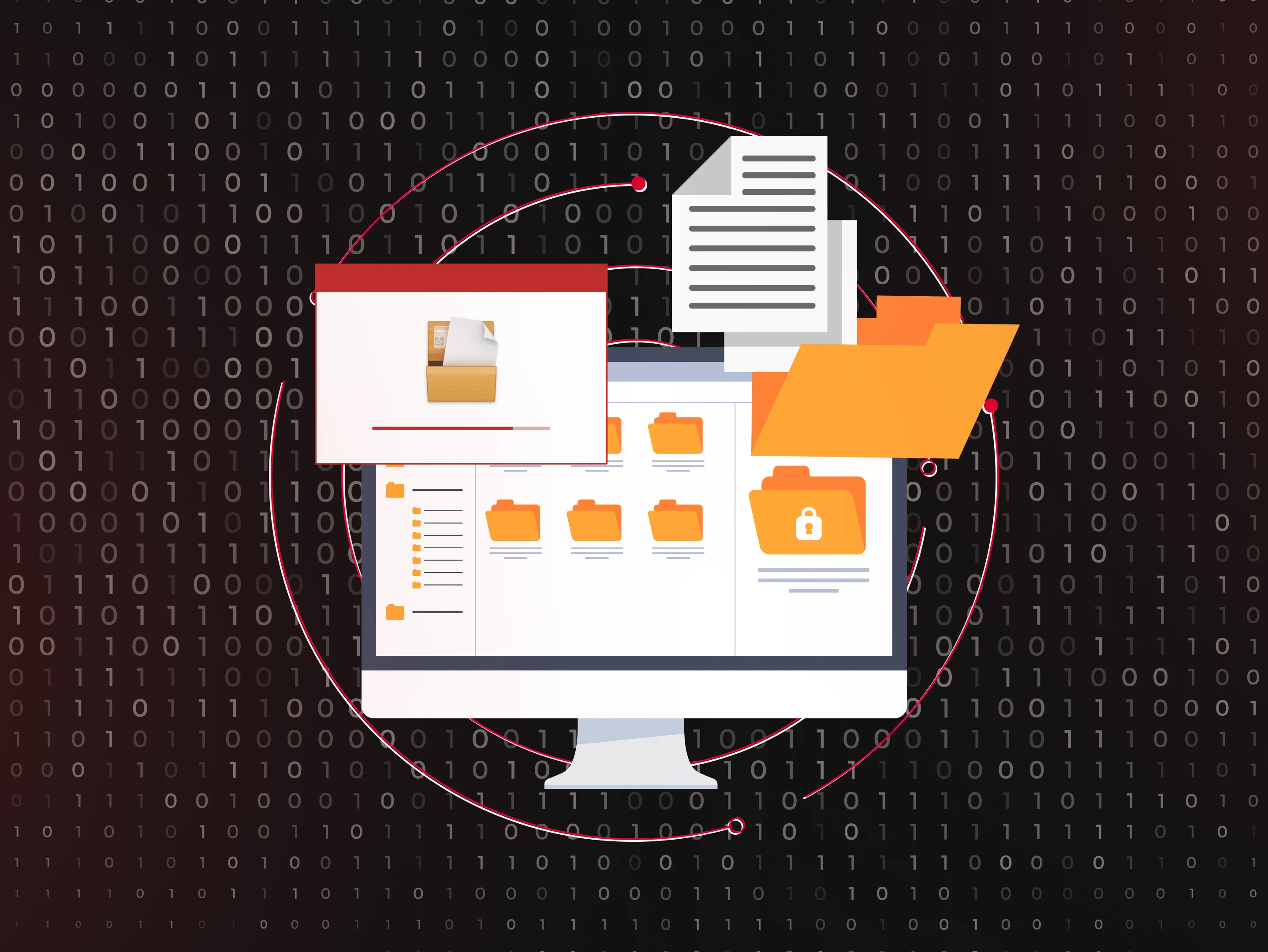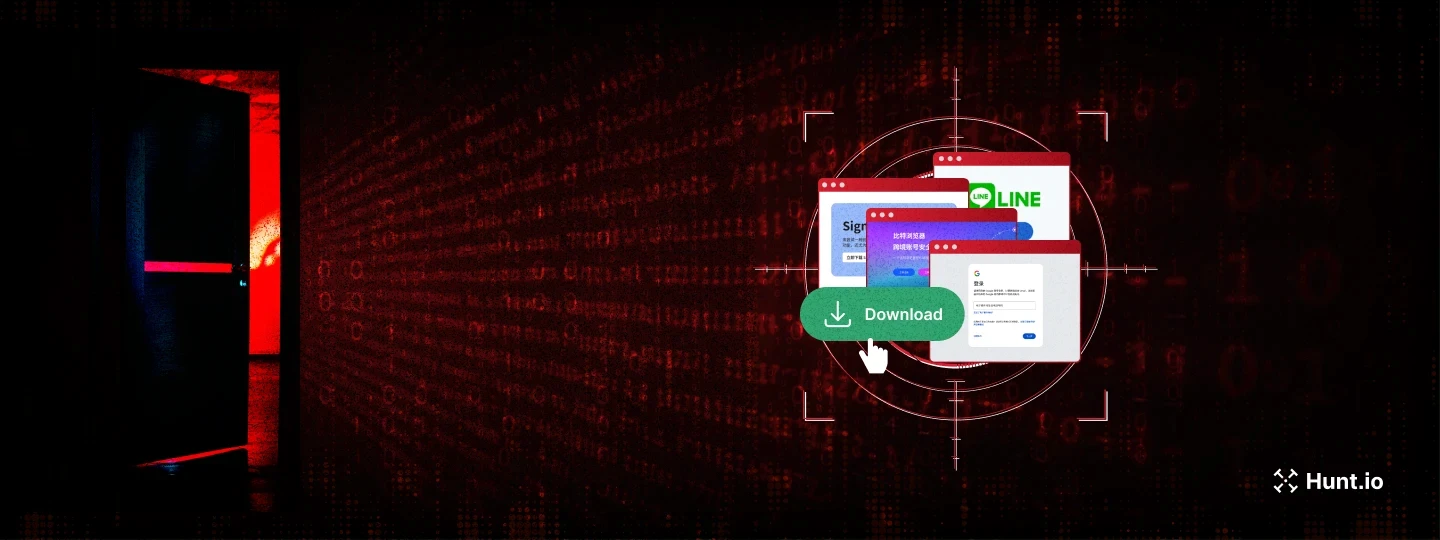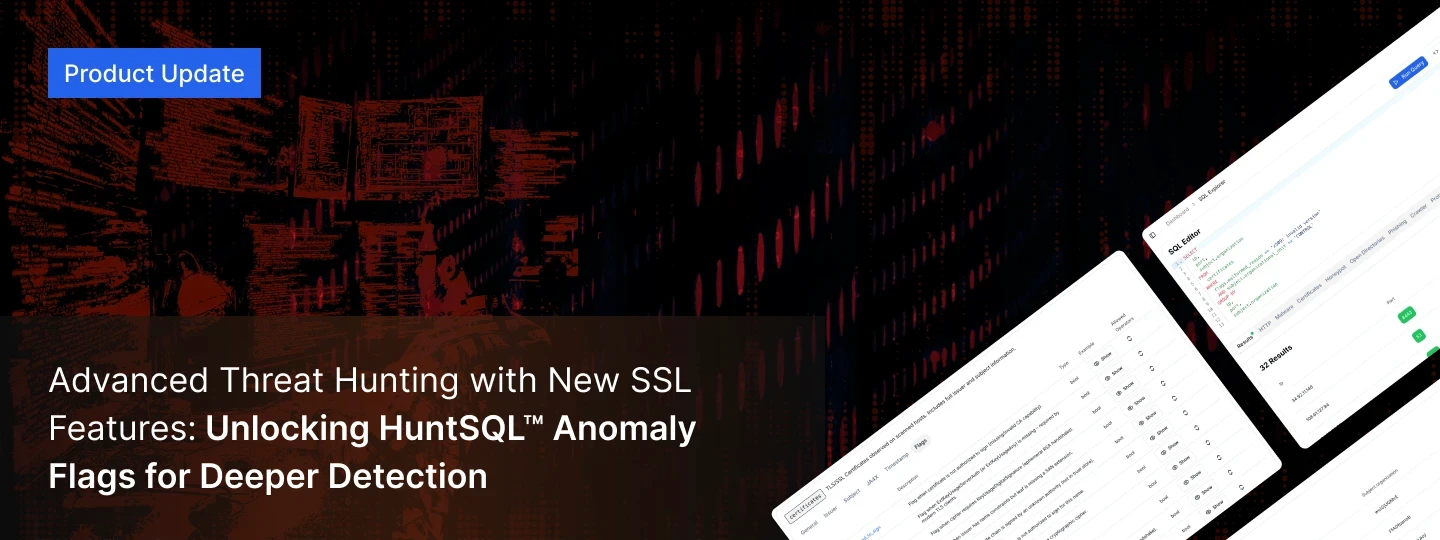Info Stealing
Golang
Titan Stealer is a cross-platform info stealer written in Golang. It steals sensitive data from infected systems, browser credentials, cryptocurrency wallets, FTP clients, and system info. Cross-platform means it can target multiple OS, Windows, Linux, and macOS. Titan Stealer is being distributed by threat actors through various channels, including Telegram where it’s being sold for cybercrime.
Written in Golang, Titan Stealer can run on multiple OS. Threat actors are using this to distribute the malware widely, often selling it through Telegram channels for cybercrime. This makes it easy for malicious actors to deploy it in different environments.
Data Exfiltration
Once deployed, Titan Stealer can extract a lot of information from the compromised system. It steals credential data from web browsers, usernames and passwords, cryptocurrency wallets, FTP client info, and system info. It can also capture screenshots and exfiltrate files from the infected machine, giving attackers full access to the victim’s sensitive data.
Command and Control
Titan Stealer communicates with its operators through command and control (C2) servers. Once data is collected, the stolen data is exfiltrated to these servers where attackers can access and exploit the data. C2 infrastructure allows remote control and management of the malware, so attackers can send commands and receive exfiltrated data.
Don’t download software or tools from unverified sources, especially Telegram or similar platforms.
Update your OS and apps regularly to patch vulnerabilities.
Use robust endpoint security to detect and block malicious activities.
Monitor your network to detect and respond to data exfiltration.





